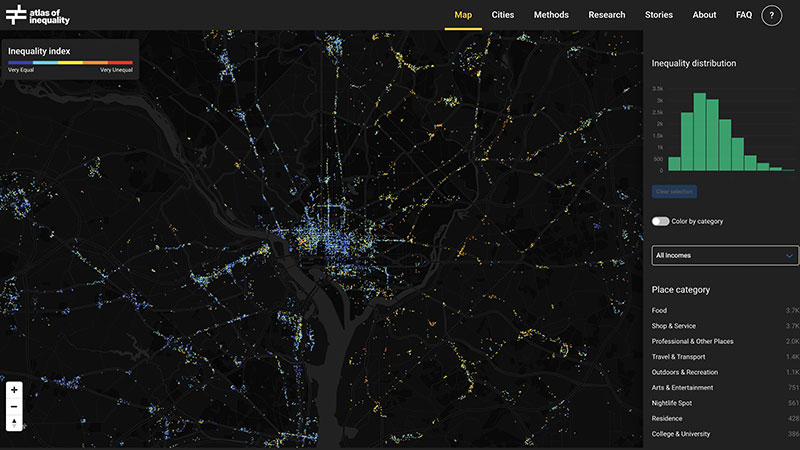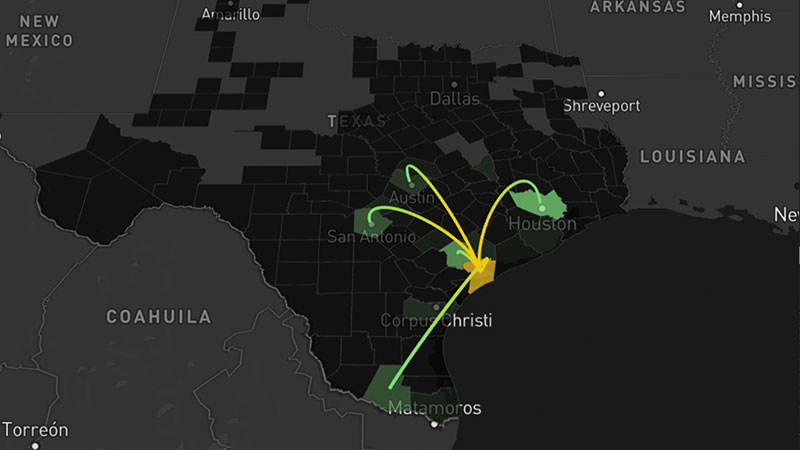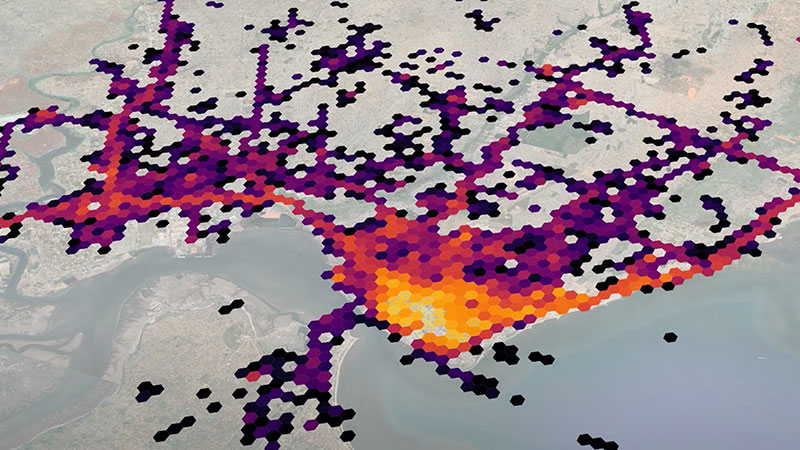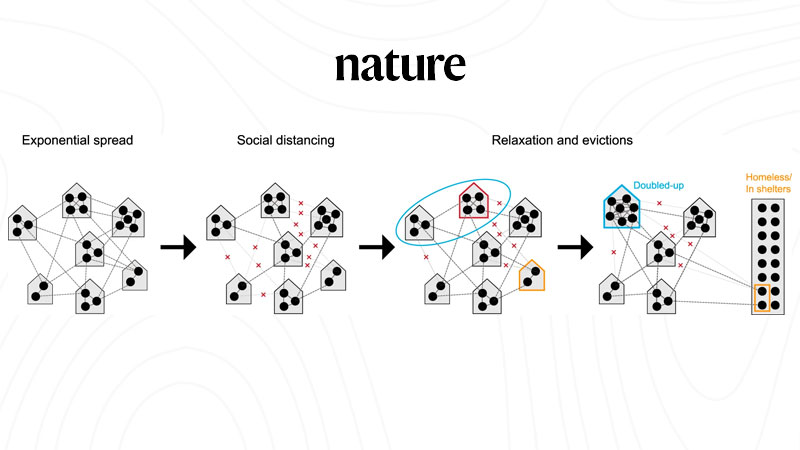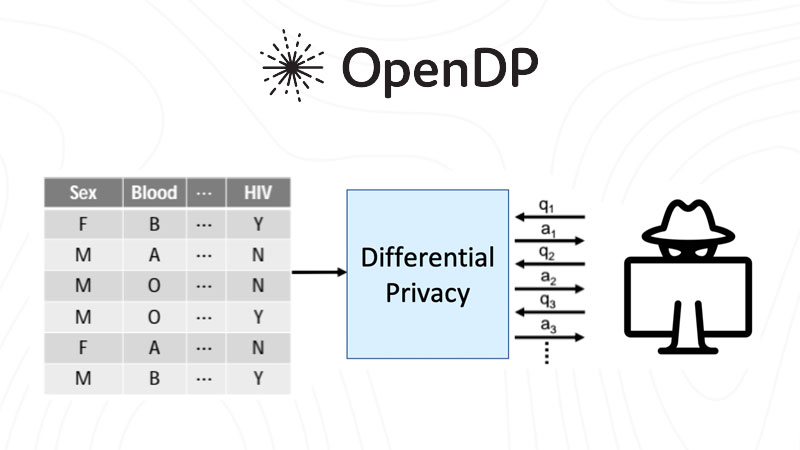Social Impact
Powering research & academic teams globally
As a pioneer of the “Data for Good” movement, Cuebiq drives positive social impact through the ethical and responsible use of location-based data.
Beyond simply providing data, the Cuebiq Data Platform supports scientific inquiry, provides policy makers with actionable insights, and fosters innovation ecosystems around data equity and privacy.

